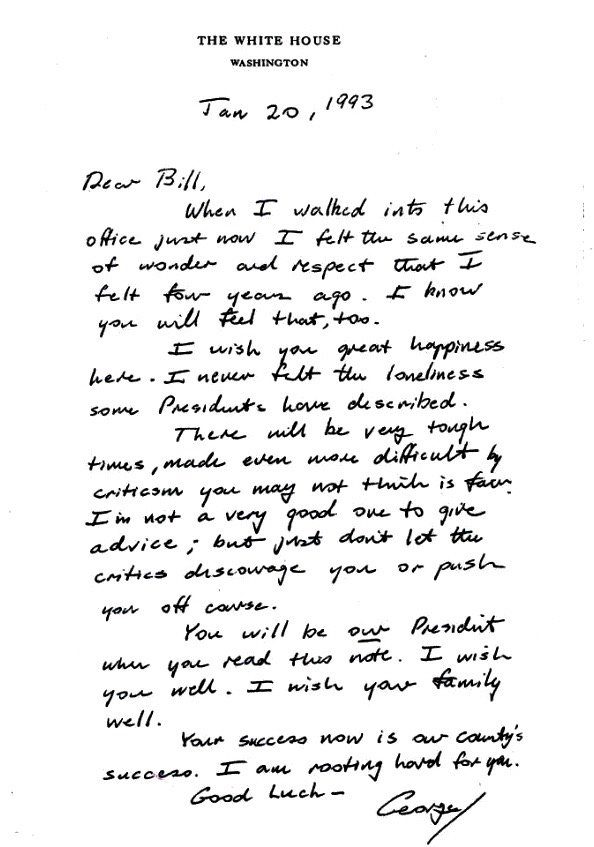Donald Trump Is Sorry

If you haven’t watched the Chris Wallace interview with President Trump on Fox News Sunday, I urge you to do so. Here is a link.It is as devastating as they say. If you are a conservative, you can’t find anything good in this session. Wallace doesn’t do anything special here — he simply does his job as a professional journalist — but Trump destroys himself. We are led by an incompetent who, even with his presidency on the line, and even with the Left more radical and destructive than it has ever been, is staggeringly unfit for the job. Don’t take my word for it — just watch.
Yuval Levin offers a short but good analysis in National Review. Levin looks past Trump’s crackpot answers about the pandemic, and focuses on Trump’s engulfing self pity. In his final question, Wallace tossed Trump a softball, asking the president how he will look back on his years in the White House. Levin quotes the transcript at length, then says:
Asked to reflect on his term so far as he seeks re-election, the president’s answer is that he was treated unfairly. Even when he is literally invited by his interviewer to say good things about himself, all he can reach for is resentment.
More:
And of course, he’s not wrong. The sense of resentment he has channeled has been rooted in some important realities, and even his own sense that he has been treated unfairly by his opponents as president is not mistaken. Sure he has. But that this sense of resentment is chiefly what drives him, that he can’t see past it or point beyond it, has been a crucial factor in many of his biggest failures as an executive.
He has treated the world’s most powerful job as a stage from which to vent his frustrations with the world’s mistreatment of him, and this has often kept him from advancing durable aims, from capitalizing on opportunities, from learning from mistakes, and from leading. In reasonably good times, it meant that he turned our national politics into a reality-television performance—focused, as those often are, on the drama of bruised egos. But in a time of crisis, it has left him incapable of rising to the challenge of his job, and the consequences have been dire.
Levin nails it — or rather, he identifies what has made Trump’s presidency a massive failure: his catastrophic egotism.
One of the things that drew me from my college liberalism to conservatism back in the late 1980s and early 1990s was the way conservatives talked about personal responsibility. You can say that American conservatives have had a blind spot about structural inequities and problems, and you would be right about that to a certain extent. But for me, back then, I found it so depressing how the Left, which I had supported, blamed society for everything. When my father and I would argue about politics back then, he would tell me that just you wait until you get out into the real world, and have to start paying your own way. Then you’ll see. I thought he was just throwing cliches at me because he didn’t have good answers to the questions I was throwing at him.
Well, he was right. There’s nothing like seeing how much is taken out of your paycheck in taxes to start to sober you up. What’s more, I lived after college in a part of the city that had something of a crime problem. I was safe on campus, but I was no longer living on campus. I had to think more realistically about what caused crime, and how we as a society should deal with it. Eventually all my liberal pieties began to shrivel up. It’s not like the light dawned on me and suddenly I realized that the Republicans were right about everything. I didn’t, and they weren’t. But I did start to understand that disorder in society began with disorder in the individual soul, and in the family. For all their faults, conservatives understood that, and they didn’t pity themselves.
A couple of decades later, when I was well established as a conservative opinion journalist, I read Clarence Thomas’s memoir, My Grandfather’s Son. If you haven’t read it, you can get the gist of it in the surprisingly good recent PBS profile of Justice Thomas.
He grew up in grinding Southern poverty, and in the humiliation and oppression of segregation. Thomas was raised by his maternal grandfather, Myers Anderson, who was a working man, and a hard man who believed that only discipline and education offered a way out. Clarence rebelled against his grandfather, but later came to be deeply grateful for the values Myers Anderson imparted to him. He saw that his grandfather had been right, and that far from being the “Uncle Tom” radicals would have called him, Myers, in his rough country way, had given Clarence the key to a life of integrity, despite the injustices he would have to endure as a black man.
Myers Anderson no doubt never thought of himself as any kind of right-winger, but he was a natural conservative, the kind of conservative that my own country-born father would have understood and admired. I would learn much later in life that my dad had suffered some hurtful injustices, not from the state or society at large, but from some members of his own family. I didn’t know the fullest extent of this until the final years of my father’s life, after he had had to watch his beloved daughter die from cancer. Nobody gets out of this life untouched by pain and suffering. My father never, ever felt sorry for himself, or if he did, he didn’t let it show. He could be a hard man too, and made some unjust decisions, and treated others unfairly at times. What can I say, he was a man?
One of the greatest gifts he gave me was a sense that in a just world, people should be rewarded for working hard and living by a code of honor that included self-discipline. I’ve written at length about my dad, both the good and the bad in his character, but the things that caused division between us (aside from my own faults, I mean) usually had to do with him not living up to the code he taught me.
My dad did not live to vote in the 2016 election. I’m sure he would have voted for Donald Trump, or an old yellow dog so long as it was Republican. But boy, I bet if he were alive today, he would have nothing but contempt for Trump. I can hear the words my dad used to describe men like Trump: “That’s a sorry sapsucker right there.” Sorry — the word has such deep resonance among Southern people like us. It carries with it a sense of shiftlessness, of weakness, and of being thoroughly contemptible. A man who is sorry doesn’t merit respect, even the kind of respect you would give to a bad man who was at least brave. A thief who had honor would still be no damn good, but he wouldn’t be sorry, if you follow me. It implies a lack of character that is near total.
Trump is sorry. If you didn’t know it before, the end of that Chris Wallace interview makes it undeniable. Character is destiny. He will leave the presidency, and the country, a sorrier place than he found it when the American people elevated him to the highest office in the land. The character defects of Hillary Clinton (to say nothing of her sorry husband) do not erase that fact, and it’s a sorry thing, by now, to fall back on that as an excuse for this whining no-count bum, who wouldn’t be fit to pump gas in Myers Anderson’s delivery truck. If I were a kid in college now, and thought that Donald Trump and what he stood for was conservatism, I wouldn’t want to have anything to do with it either. It would have nothing to do with policy, and everything to do with character. As Levin points out, Trump had opportunities to get things done, but he was so preoccupied with his own resentments that he destroyed himself and his presidency. Nixon did this too, in his second term, but that was tragedy. With Trump, it’s trashy farce.
I saw on Twitter tonight this screenshot of the letter that George H.W. Bush left on the president’s desk for Bill Clinton gives us a stark idea of how far we have fallen, and a sense of the rubble out of which we on the Right are going to have to rebuild when he’s gone:

UPDATE: Ross Douthat attempts to imagine a scenario in which Trump might pull the election out in November. He says Trump’s only chance is that events break his way. He is incapable of helping himself. Douthat:
But realistically one need only watch his Sunday interview with Chris Wallace to see that the president is still the man that he has spent his entire life becoming: a character out of C.S. Lewis’s “The Great Divorce,” in which the narrator visits a gray suburb of hell and finds it populated by souls who are self-imprisoned, incapable of freedom, their personalities reduced to grievances and grumbles. A couple of inhabitants go in search of Napoleon, who has “built himself a huge house all in the Empire style — rows of windows flaming with light,” and inside all he does is pace:
“Walking up and down — up and down all the time — left-right, left-right — never stopping for a moment. The two chaps watched him for about a year and he never rested. And muttering to himself all the time. ‘It was Soult’s fault. It was Ney’s fault. It was Josephine’s fault. It was the fault of the Russians. It was the fault of the English.’ Like that all the time. Never stopped for a moment. A little, fat man and he looked kind of tired. But he didn’t seem able to stop it.”
This is Trump as his first term as president concludes. At least 140,000 Americans are dead in a still-burning pandemic, the unemployment rate is 11 percent, and when asked by Wallace how his presidency will be remembered, all he offered was the old pre-Covid litany of grievance, starting with “I think I was very unfairly treated” and continuing for paragraphs in the same self-pitying vein.
Read it all, for some speculation as to how events could still play out to Trump’s benefit. Unlikely, but possible. Trump is hostage to events, because he cannot master himself. A man who is not the lord of his own passions will be dominated by others.
Subscribe for as little as $5/mo to start commenting on Rod’s blog.